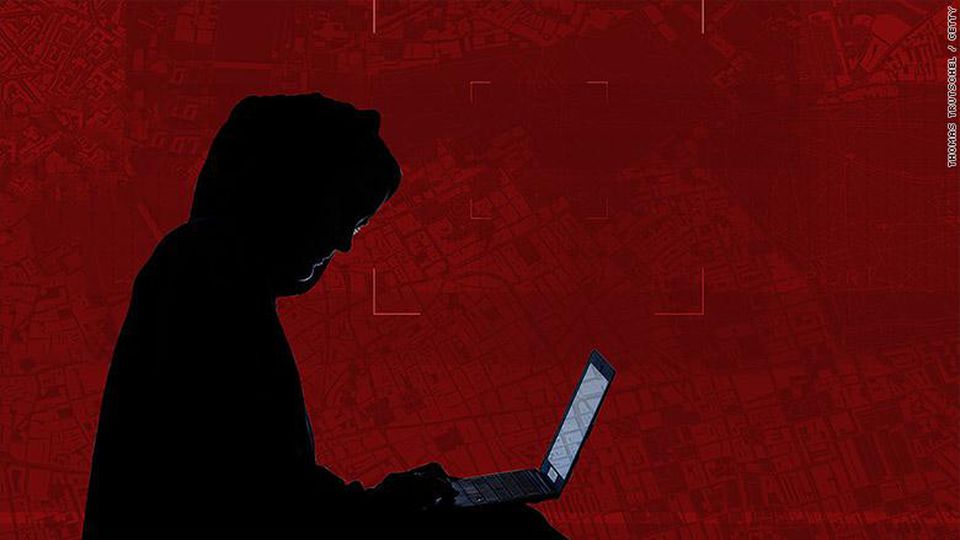
At the Intersection: Battling Terrorism Online
when does information sharing and free speech collide?
On February 11, 2021, Corin Stone, Scholar-in-Residence at AUWCL’s Tech, Law and Security Program, moderated a penal discussion on the intersection of free speech and the need to fight against terrorism. The panelists included Nick Rasmussen, Executive Director, Global Internet Forum to Counter Terrorism (GIFCT) and former Director of the National Counterterrorism Center; and David Kaye, Clinical Professor of Law at UC Irvine Law and former UN Special Rapporteur on the promotion and protection of the right to freedom of opinion and expression.
The Global Internet Forum to Counter Terrorism (GIFTS) was launched in 2017 to help social media and the tech industry better coordinate their efforts to counter terrorism online. One of its signature achievements has been a shared industry hash database, where companies can create and share “digital fingerprints” for terrorist content. Many warn that this kind of blacklist for content undercuts free speech. But with terrorist content flowing across social media, others say GIFTC is doing enough. Who is right?
The panelists pointed out that digital companies have a very difficult task when they determine what constitutes incitement to terrorism as no universally accepted definition of terrorism exists under international law. The UN Designated List of Terrorist Organizations is a possible starting point for identifying terrorist activities, as it creates an explainable framework. However, even with this List, certain forms of terrorism are easier to define than others. The panelists mentioned that the definition of terrorism will have to be cautiously broadened to define and include violent extremist content.
However, such a push for clarification would encounter a number of human rights concerns. First, there is a risk that the digital companies instead of the governments end up deciding what content constitutes incitement to terrorism. Second, there is a risk that certain companies end up directly or indirectly supporting certain governments by implementing frameworks for the identification of terrorist content that may be stricter in some cases than in others. Third, the question remains as to how companies should react to government pressures to take down content that otherwise should not be restricted. This could have an adverse impact on the freedom of speech exercised through journalism.
The panelists also highlighted the inherent risk of new and emerging forms of terrorism and extreme violence for which any alert mechanism set up by the companies may not react in time. The events at the U.S. Capitol on January 6, 2021 have shown that the use of internet to incite terrorist acts or other forms of hitherto unforeseen violence is very real even within the United States. The panelists concluded that the discussion about the tension between the fight against terrorism and freedom of speech will continue in the future. GIFCT is one of the possible ways of addressing some of these issues, as it is useful to break open the opacity of digital platforms.
For the full recording of the panel discussion, please click here.